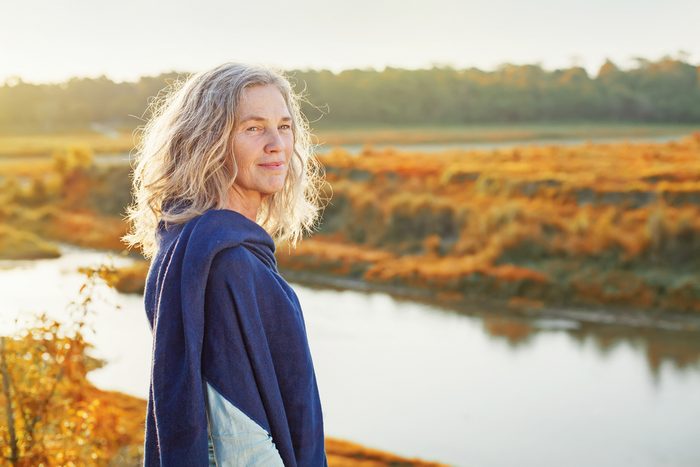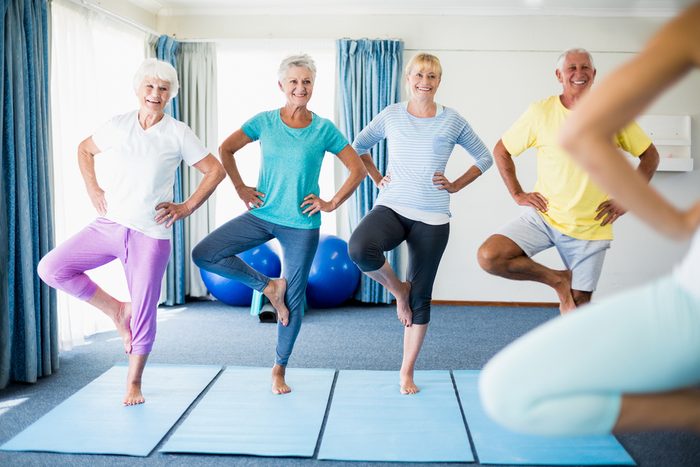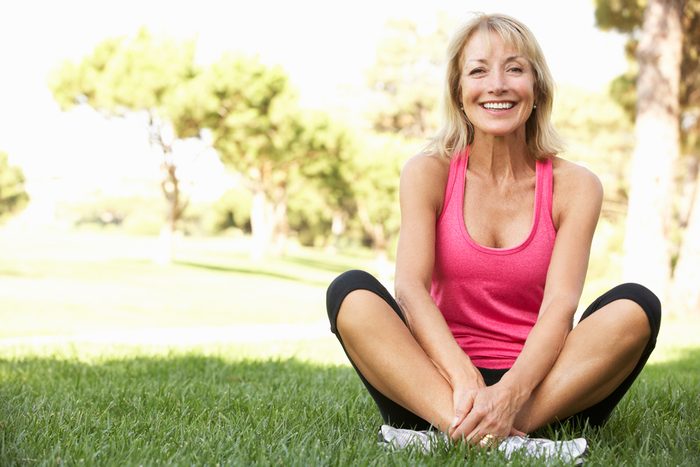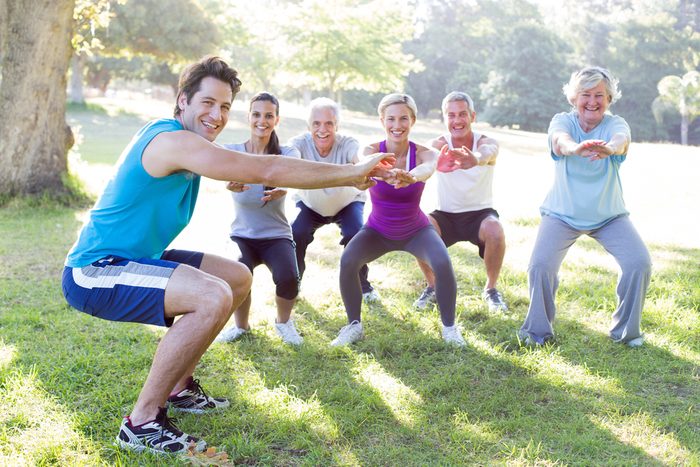
Aging Well
We don’t just want to live longer; we want to live as healthy, active adults. No one is anxious to be that person, lost in a long-term-care facility, with little independence. So how do you achieve both a long life and a healthy one? Hint: Don’t fight time. The key is aging well.
You’ve read a bit about the importance of exercise. Indeed, exercise has been linked to various benefits, including improved cardiac health, decreased dementia and stronger bones. Yes, this is all true, but there is even more. Exercise is a key component in predicting good health for you over the next 10 years.
Let me explain. There was a study published in the journal Maturitas that looked at women between the ages of 53 and 64 in Finland. After following these women, the researchers were able to identify predictors of good health over the next 10 years. Here’s what’s on that list.

Good Self-Reported Health
If you think you’re aging well, chances are, you’re right. And if you think you’re too stressed out – not paying enough attention to your health, exercising or eating a healthy diet – chances are, you’re right again. Your perception of how you’re doing is accurate – if you’re honest!

Good Quality of Life
What does that mean? I think it means the things we all value, such as spending time with family and friends, doing work we enjoy and feeling productive and socially connected.

Full Activity
Here comes the importance of exercise, posture, independence and stamina. We all want to be able to do the things we love, including playing sports, participating in favourite activities and being socially connected.

Low BMI
Sorry, ladies, there is no doubt that maintaining an appropriate weight for your height is critical. Carrying extra weight puts physical pressure on bones and joints and increases your risk of heart disease and diabetes.

Good Grip Strength
That’s right, your grip matters. Why? Because it reflects muscle tone and overall frailty and is a marker for muscle strength throughout the body. Strengthening your core, lower abdominals and lower back can help prevent urinary incontinence, chronic back pain and immobility.

Ability To Squat
What? Squat? Yup. If you can squat easily, you’ll likely have great muscle tone and, hugely important, great balance. That means that your joints are flexible and, with great balance, you are less likely to fall – and repeated falls, even without fractures, are a predictor of fracture.
Fractures in women over 40 are often called fragility fractures. These fractures happen with very little trauma, such as stepping off a curb or falling on an outstretched hand. The problem is, a fragility fracture suggests that your bones are less than strong, and that can lead to hip fractures in older women.
Your ability to squat is like a quick snapshot of whether you’re aging well, showing your strength and flexibility, both of which can be improved with regular exercise.

So What Can You Do Today?
Well, you made a good decision to read this, learn something new and stimulate your brain. But let’s take it one step further: Start a walking program and get together with friends, not for coffee but for tennis, skiing, skating or whatever you enjoy. Start thinking athletic rather than simply relaxing. OK, now I’ve gotta run – literally!
Dr.Vivien Brown is a family physician and president of the Federation of Medical Women of Canada, drvivienbrown.com.
